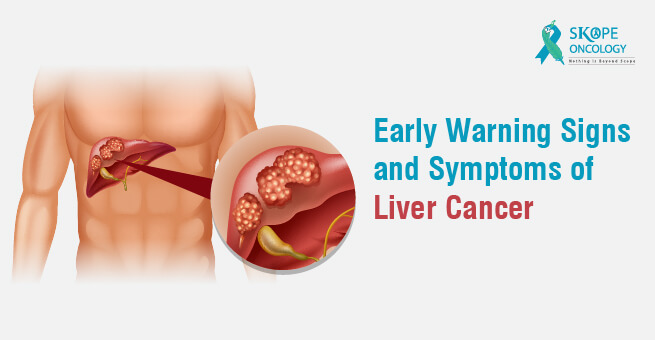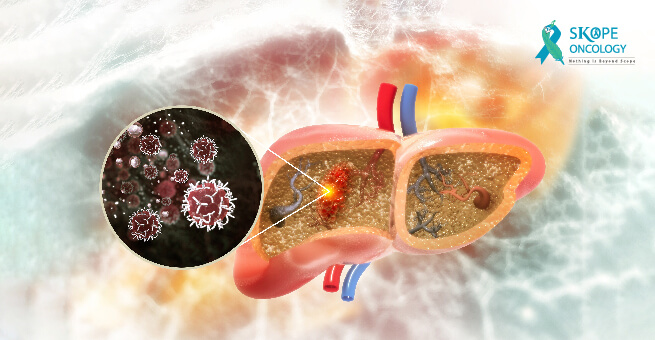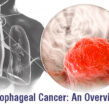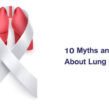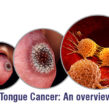Liver cancer, also known as hepatocellular carcinoma, is a serious and potentially life-threatening disease. Detecting liver cancer in its early stages can greatly improve the chances of successful treatment and long-term survival. To increase awareness and promote early diagnosis, it is crucial to recognize the warning signs and symptoms that may indicate the presence of liver cancer. In this blog, we will explore the early indicators of liver cancer, empowering individuals to seek timely medical attention and potentially saving lives.
What is liver cancer?
Liver cancer is a type of cancer that originates in the liver cells. It occurs when normal cells in the liver undergo genetic mutations, leading to uncontrolled growth and the formation of tumours. Liver cancer is a serious condition that can disrupt the normal functioning of the liver and potentially spread to other parts of the body.
Signs and symptoms of liver cancer
- Unexplained Weight Loss: One of the early warning signs of liver cancer is unexplained weight loss. If you have unintentionally lost a significant amount of weight without making any changes to your diet or exercise routine, it is essential to consult with a healthcare professional.
- Fatigue and Weakness: Persistent fatigue and weakness can be indicative of liver cancer. If you constantly feel exhausted, lack energy, or experience a decline in physical strength, it is crucial to investigate the underlying cause, including the possibility of liver cancer.

- Abdominal Pain and Swelling: Liver cancer can cause abdominal pain, discomfort, or tenderness. Some individuals may also experience abdominal swelling or a feeling of fullness in the upper abdomen.
- Jaundice: Jaundice is a condition characterised by yellowing of the skin and eyes. Liver cancer can obstruct the bile duct, leading to the accumulation of bilirubin, which causes the yellowish discoloration. If you notice yellowing of your skin or eyes, it is essential to consult a healthcare provider promptly.
- Changes in Appetite and Digestion: Liver cancer can affect the digestive system, leading to changes in appetite and digestion. Some individuals may experience a loss of appetite, nausea, vomiting, or changes in bowel habits.
- Unusual Bleeding: Liver cancer can impact blood clotting factors, leading to abnormal bleeding. You may notice unusual bleeding, such as nosebleeds, bleeding gums, or excessive bruising. Additionally, women may experience heavy or irregular menstrual periods.
- Skin Itching: Liver cancer can cause generalised itching, medically known as pruritus. If you experience persistent and unexplained itching, it is recommended to consult with a healthcare provider to identify the underlying cause.
- Changes in the Colour of Stool and Urine: Liver cancer can affect the production and excretion of bile, leading to changes in the colour of stool and urine. Stool may appear pale or clay-coloured, while urine may become darker or have a deep amber colour. If you notice such changes, it is important to bring them to the attention of a healthcare professional.
Lastly, it is important to stay vigilant and pay attention to any persistent or concerning signs related to liver health. While these symptoms may not always indicate liver cancer, it is crucial to consult with a healthcare professional for an accurate diagnosis. Early detection is key to effectively managing liver cancer and improving outcomes, so don’t hesitate to seek prompt medical attention if you or someone you know experiences any warning signs.
References:
- Liver cancer
https://www.mayoclinic.org/diseases-conditions/liver-cancer/symptoms-causes/syc-20353659 - Signs and Symptoms of Liver Cancer
https://www.cancer.org/cancer/types/liver-cancer/detection-diagnosis-staging/signs-symptoms.html - Liver Cancer
https://my.clevelandclinic.org/health/diseases/9418-liver-cancer

